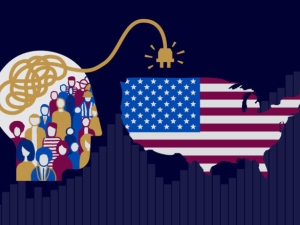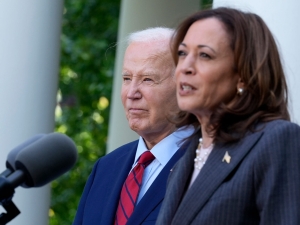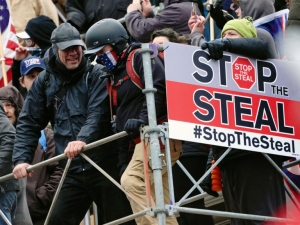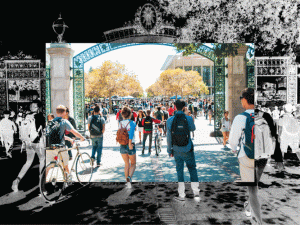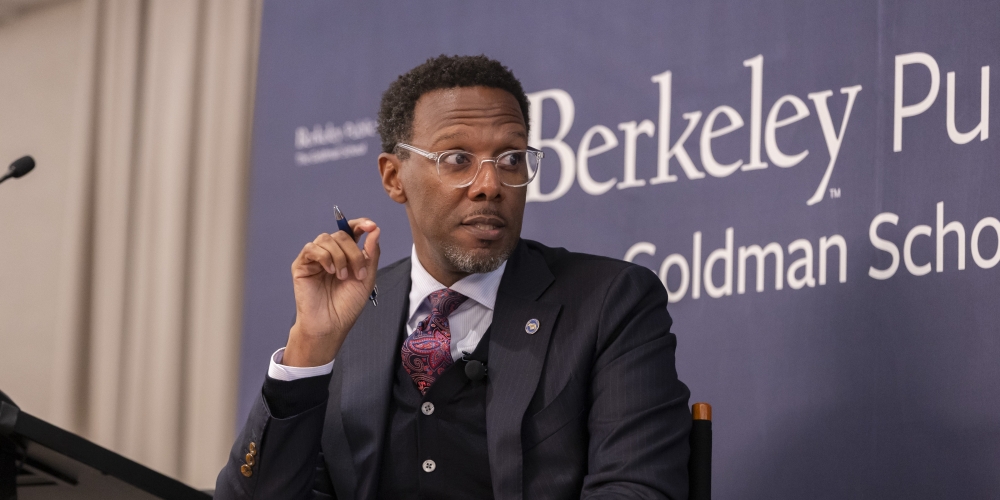

Research Bio
David C. Wilson is the dean of the Goldman School and a Professor of Public Policy.
Wilson’s research examines how individuals formulate their political preferences and beliefs about identity and justice, and how social cognition shapes broader survey response behaviors. His research is published widely in areas of inquiry that include the application of double-standards in evaluating political groups and related policy issues, attitudes toward voter identification laws and electoral malfeasance, blame attributions toward elected leaders and political groups, and how diversity culture and climate affect organizational employee engagement. He is also the co-author of the forthcoming book, Racial Resentment in the Political Mind (University of Chicago Press).
Wilson’s academic specializations include public opinion and survey research methods using experiments (psychology of survey response), political psychology, and American politics, with an emphasis on the measurement and analysis of intergroup attitudes and political behavior. He holds life memberships in several organizations including the American Statistical Association (ASA), American Political Science Association (APSA), the International Society for Political Psychology (ISPP), Midwest Political Science Association, Pi Alpha Alpha National Honor Society for Public Affairs and Administration, the National Conference of Black Political Scientists (NCOBPS), and Kappa Alpha Psi Fraternity Incorporated. He serves on the Advisory Commission for the National Center for Education Statistics (NCES), the Advisory Board for the Roper Center for Public Opinion Research, and the Advisory Committee and Editorial Board of Public Opinion Quarterly (POQ).
Research Expertise and Interest
political psychology, politics, race and public policy, race, racial justice, public opinion research, survey research methods
In the News
Carnegie Nuclear Security Initiative to Address Global Nuclear Risks
‘We the People’ Is an Ideal of American Democracy. What’s Gone Wrong?
Economy, Sexism and Conspiracies Fueled Trump’s Reelection
Shifting From Biden to Harris, Democrats Reset the Race. But Scholars See Risks.
Racial Resentment Fueled Jan. 6 Rebellion and Opposition to House Probe
Berkeley Leaders, Scholars React to Supreme Court’s Decision on Affirmative Action
Featured in the Media
“Racial resentment” helps explain the violence that broke out after the 2020 election, according to new research from David Wilson, dean of the Goldman School of Public Policy. Berkeley News reported the study in May.


